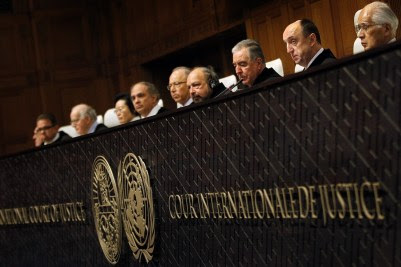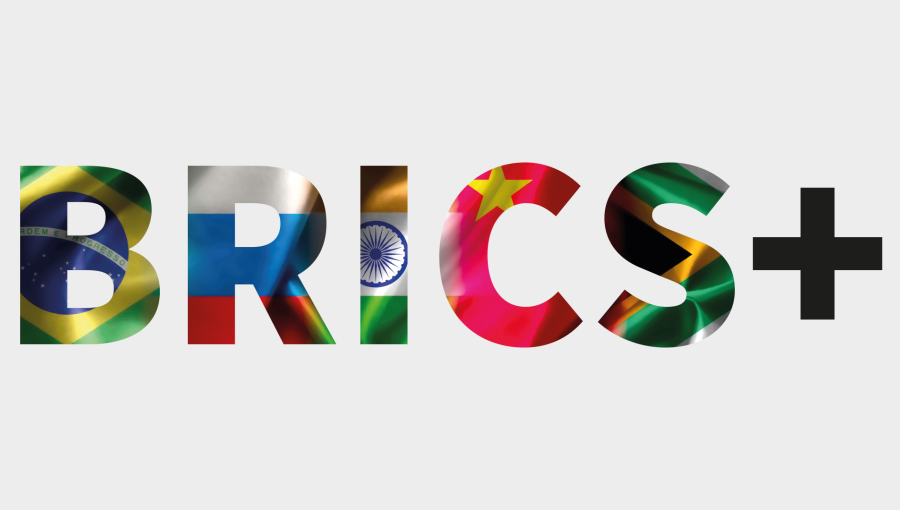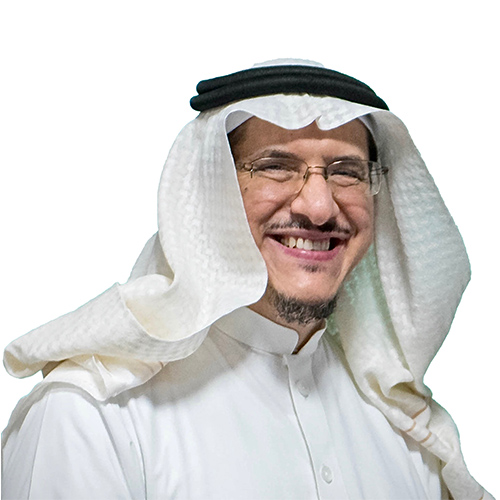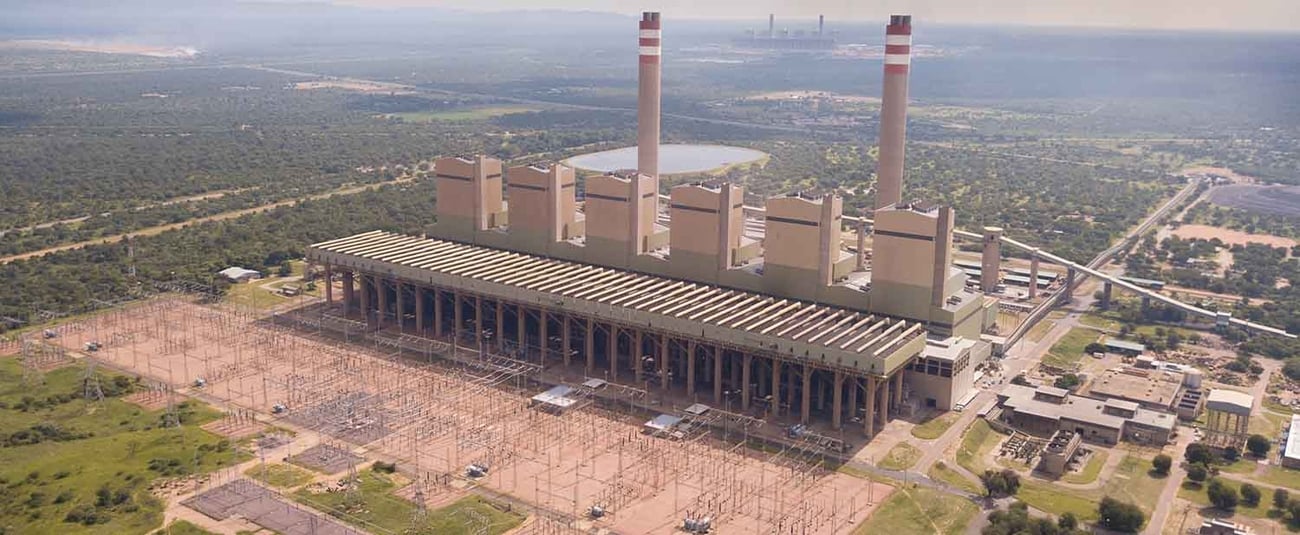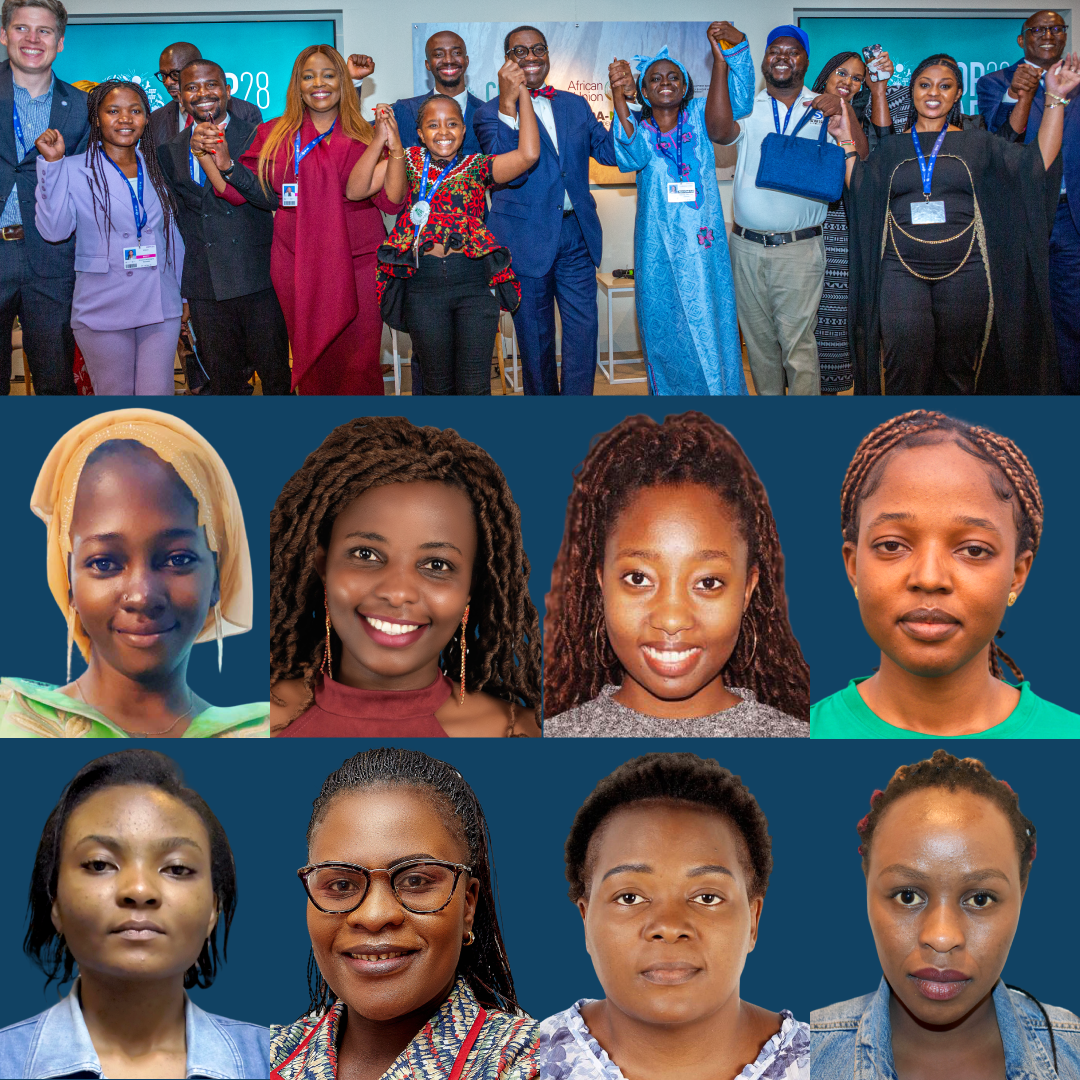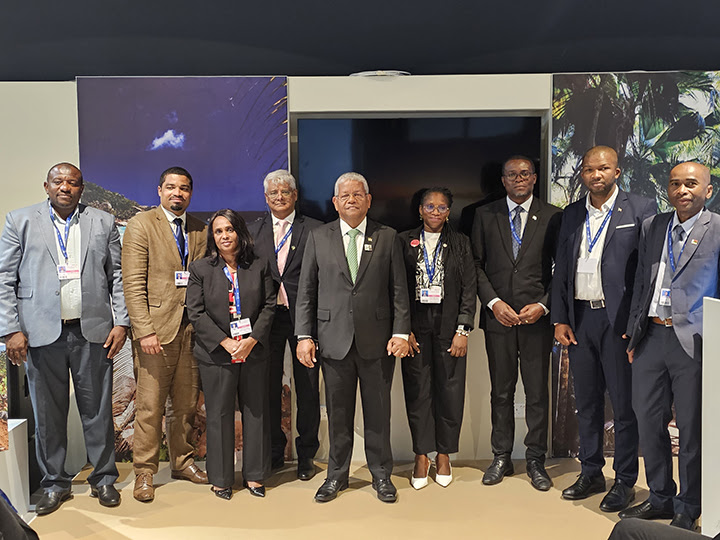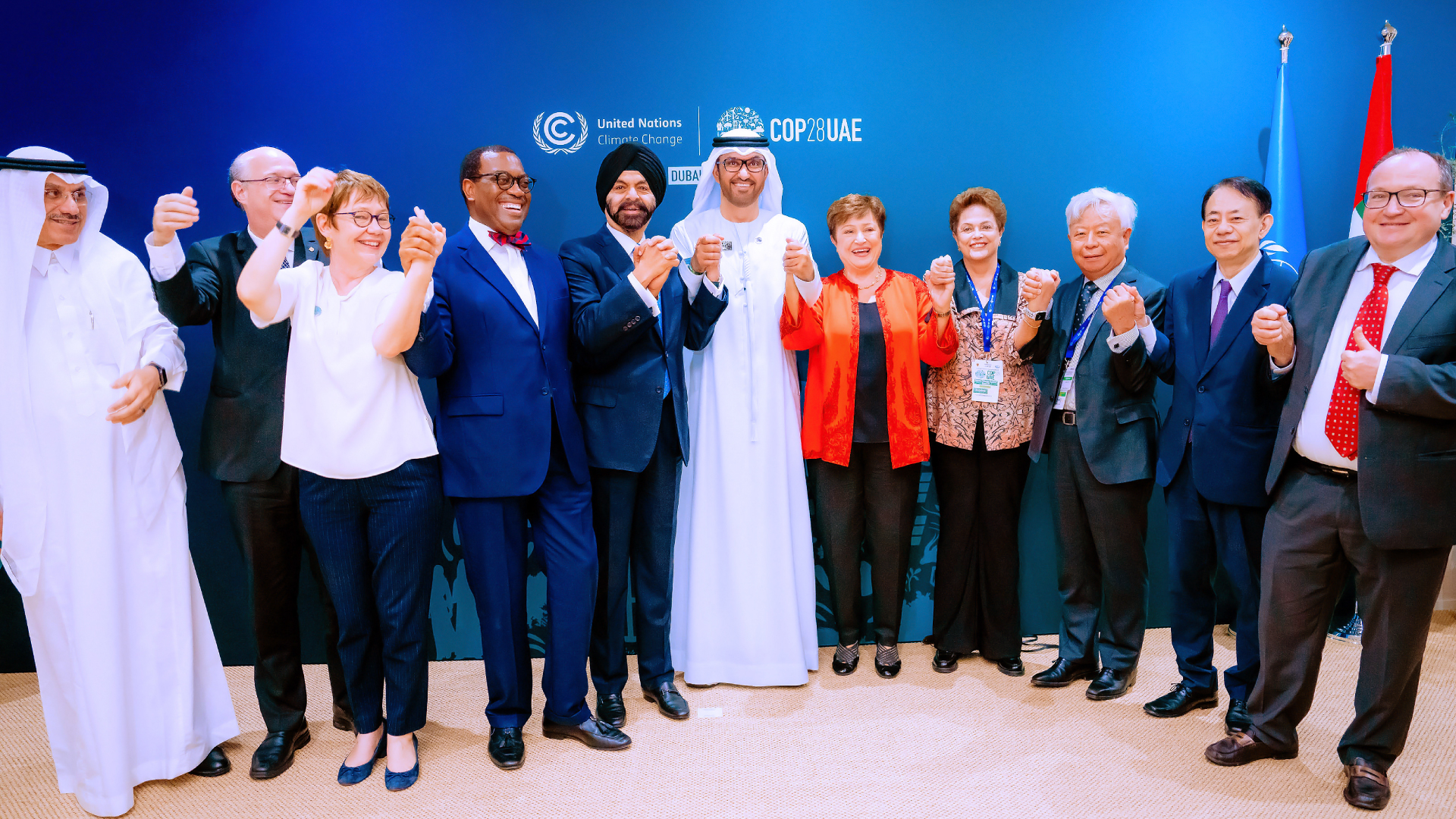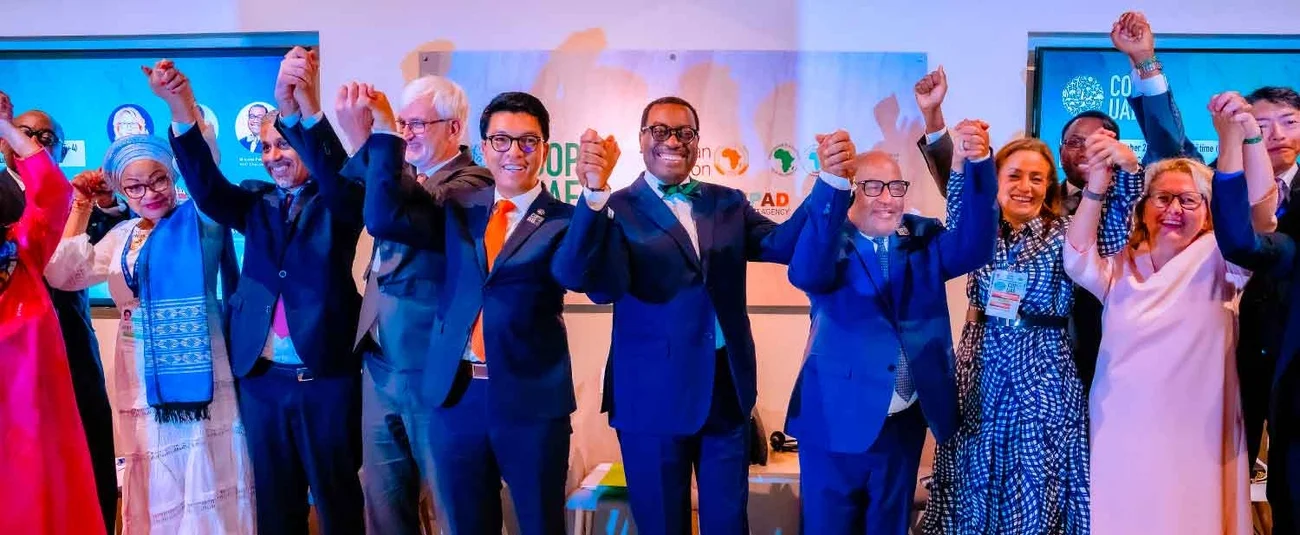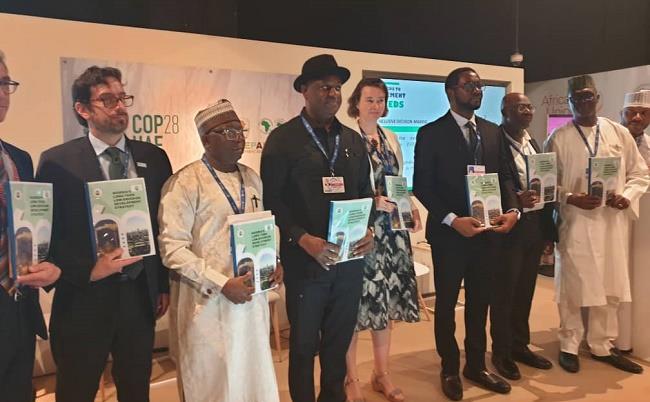South Africa’s application to the International Court of Justice (ICJ) seeking to have the court declare Israel’s military assault on Gaza a genocide will be heard starting on Thursday in The Hague.
Israel has called the allegations “baseless” and accused South Africa of “cooperating with a terrorist organization.”
States including Turkey and Jordan have backed the case. Malaysia publicly offered South Africa its support. Malaysia’s Foreign Ministry described the proceedings as a “timely and tangible step towards legal accountability for Israel’s atrocities.”
Israel finds it is having to defend itself against arguments based on a convention that was drawn up in part to prevent a repetition of the Holocaust, which killed 6 million Jews.
The application asked the ICJ to take interim measures to immediately suspend Israel’s military operations in Gaza and “take all reasonable measures” to prevent genocide. In its 84-page brief, South Africa cites alleged incitement by top Israeli officials, including the defense minister, Yoav Gallant, who referred to Palestinians in Gaza as “human animals,” as well as Prime Minister Benjamin Netanyahu’s comparison of Palestinians to the biblical story of the Amalek nation, which God ordered the Israelites to destroy.
Pretoria argues Israel’s military assault violates its obligations under the 1948 Genocide Convention, which defines genocide as “acts committed with intent to destroy, in whole or in part, a national, ethnical, racial, or religious group.”
The application condemns Hamas’s killing of 1,200 Israelis and foreign citizens and hostage-taking of around 247 people on Oct. 7 but argues that no attack can justify the killing of more than 22,000 Palestinians, including over 7,000 children—the number of dead at the time it was written.
Unlike previous cases at the International Criminal Court, which Israel has boycotted because it does not recognize that court’s authority, Israel has no choice but to appear in front of the ICJ as it is a signatory to the Genocide Convention and subject to the jurisdiction of the ICJ, the United Nations’ top legal body. Both sides are sending some of their best lawyers to The Hague. Pretoria is sending South African international law expert John Dugard, a former U.N. special rapporteur on human rights in the occupied Palestinian territories. Meanwhile, Israel will be represented at the ICJ by the British lawyer Malcolm Shaw, an expert on territorial disputes.
Israel is also sending Aharon Barak, a retired Israeli Supreme Court president who is a Holocaust survivor and a fierce critic of the Netanyahu government’s judicial reform plan—which adds to his credibility in the eyes of Netanyahu’s critics.
The application also raises possible reputational damage for the United States. As the International Crisis Group’s Brian Finucane argues “U.S. officials risk complicity if Israel uses U.S. support to commit war crimes.” The United States is increasingly isolated as one of the few countries that has stood resolutely behind Israel since the Oct. 7 Hamas attack and subsequent Israeli offensive in the Gaza Strip amid growing international criticism over the dire humanitarian crisis in Gaza.
“We find this submission meritless, counterproductive, and completely without any basis in fact whatsoever,” White House National Security Council spokesperson John Kirby said last Wednesday.
Israel and South Africa’s animosity has deep roots. After Israel was founded, the country’s leaders cultivated close ties with newly independent African states while often condemning apartheid in South Africa. However, relations with most African nations soured after the 1973 Arab-Israeli War, while Israel’s ties with South Africa grew stronger as it began to sell large quantities of arms to the apartheid regime. Israel became a key ally and defense partner for the white supremacist government during the 1970s and 1980s, even as other countries began to impose sanctions on Pretoria. In November, South Africa’s Parliament voted to suspend diplomatic ties with the country until a cease-fire agreement in Gaza is reached.
The South African government, faced with domestic issues at home, has tried to assert itself as a moral beacon in the world, calling out the hypocrisy of the West over the war in Ukraine and campaigning for a multipolar global order where poorer nations have a voice.
While it is easy for some analysts to dismiss South Africa’s case, any ruling could set legal precedents since Pretoria is basing its petition in part on Gambia’s proceedings against Myanmar in 2020, in which Gambia successfully argued as party to the Genocide Convention that it has an obligation to act to prevent genocide against the ethnic Rohingya population in Rakhine State and therefore had standing. Myanmar had tried to argue that Gambia was not an “injured” party and therefore could not bring a case.
Since the war began, Israel has restricted the entry of medicine, water, and fuel to Gaza’s population of 2.3 million people, except for limited aid through Egypt that U.N. workers say falls far short of what’s needed with famine and disease around the corner.
By not seeking a definitive ruling—but only provisional measures under Article 74 of the ICJ rules—the threshold of what South Africa has to prove is lowered. The court could decide it does have jurisdiction to proceed with the case as in The Gambia v. Myanmar. It could also choose to impose some of the interim measures requested by South Africa without making a decision that Israel’s conduct in Gaza amounts to genocide.
Although ICJ orders are binding, they’ve not been enforceable. Russia has defied the court’s judgment to suspend military operations in Ukraine. Regardless of the ICJ’s eventual decision, Israel is becoming more isolated on the world stage.
